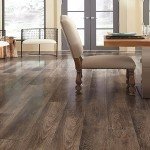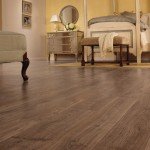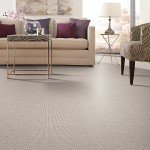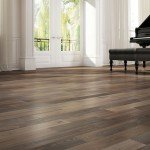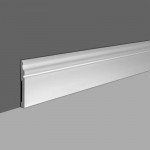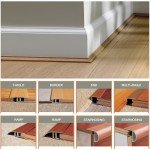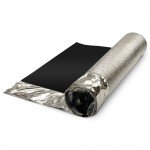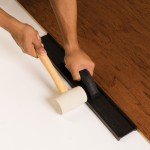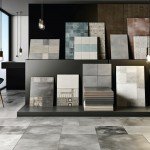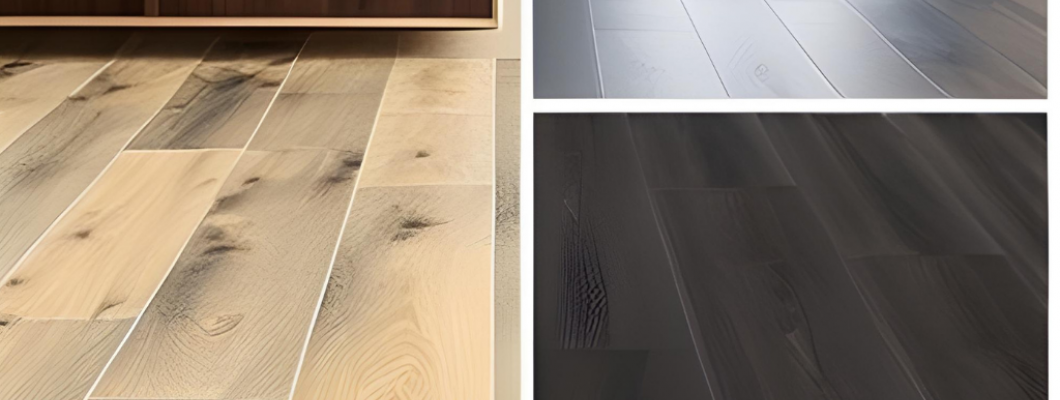
When
it comes to choosing the best type of flooring for your home or office, there
are many factors to consider, such as durability, cost, maintenance, and
appearance. Two popular options that often come up in this discussion are vinyl
and laminate flooring. Both types of flooring have their own advantages and
disadvantages, so it's important to understand them before making a decision.
In this article, we'll compare vinyl and laminate flooring to help you determine
which one is best for your needs.
Vinyl
Flooring
Vinyl
flooring is made from synthetic materials, such as PVC or vinyl. It's a popular
choice for its durability, versatility, and affordability. Vinyl flooring is
available in a wide range of styles, from wood and stone looks to bright and
bold colors. It's also a popular choice for areas with high traffic, such as
entryways, kitchens, and bathrooms, due to its resistance to moisture,
scratches, and dents.
Advantages
of Vinyl Flooring:
Affordable:
Vinyl flooring is one of the most cost-effective options on the market. It's
less expensive than hardwood, ceramic tile, or natural stone flooring.
Versatile:
Vinyl flooring comes in a wide range of styles and colors, which makes it easy
to find the perfect fit for any space.
Easy
to Install: Vinyl flooring can be installed using a variety of methods,
including floating, glue-down, or click-together installation.
Low
Maintenance: Vinyl flooring is easy to clean and maintain. It only requires
occasional sweeping or mopping to keep it looking new.
Durable:
Vinyl flooring is resistant to scratches, dents, and moisture, which makes it
ideal for high-traffic areas.
Disadvantages
of Vinyl Flooring:
Not
Eco-Friendly: Vinyl flooring is made from synthetic materials, which means it's
not biodegradable and may not be an environmentally friendly choice.
Not
as Durable as Hardwood: While vinyl flooring is durable, it's not as
long-lasting as hardwood flooring.
Susceptible
to Fading: Vinyl flooring may fade over time, especially if it's exposed to
direct sunlight or high temperatures.
Laminate
Flooring
Laminate
flooring is a popular choice for those who want the look of hardwood flooring
without the high cost. It's made of composite wood materials with a printed top
layer that resembles hardwood or other materials. Laminate flooring is a
popular choice for those who want the look of hardwood flooring without the
high cost.
Advantages
of Laminate Flooring:
Affordable:
Laminate flooring is less expensive than hardwood flooring and may be a more
budget-friendly option for those who want a hardwood look.
Easy
to Install: Laminate flooring is easy to install and can be done using a
click-together method.
Versatile:
Laminate flooring comes in a wide range of styles and colors, which makes it
easy to find the perfect fit for any space.
Durable:
Laminate flooring is scratch-resistant and durable, making it ideal for
high-traffic areas.
Low
Maintenance: Laminate flooring is easy to clean and maintain. It only requires
occasional sweeping or mopping to keep it looking new.
Disadvantages
of Laminate Flooring:
Not
Real Hardwood: Laminate flooring may not have the same authenticity and feel as
real hardwood flooring.
Prone
to Water Damage: Laminate flooring is susceptible to water damage and may not
be suitable for areas with high moisture, such as bathrooms or basements.
Limited
Lifespan: Laminate flooring may not last as long as hardwood flooring and may
need to be replaced sooner.
Which
One is Best for You?
When
it comes to choosing between vinyl and laminate flooring, it ultimately depends
on your specific needs and preferences. Both types of flooring have their own
advantages and disadvantages.
Vinyl
flooring is a durable and water-resistant option that is easy to maintain and
comes in a wide range of styles and colors. It is also relatively affordable
and can mimic the look of natural materials like wood or stone. However, vinyl
can be prone to scratches and dents, and some people may not like the synthetic
feel of the material.
Laminate
flooring is also durable and easy to maintain, but it is generally less
water-resistant than vinyl. Laminate flooring can be made to look like natural
materials, but it may not have the same level of authenticity as vinyl.
Laminate is also generally more affordable than hardwood flooring, but it can
be more expensive than vinyl.
In
terms of installation, both vinyl and laminate are typically considered to be
DIY-friendly options. However, it is important to follow the manufacturer's
instructions carefully to ensure a proper installation.
Ultimately,
the best kind of flooring for you will depend on your budget, style
preferences, and specific needs for your space. It may be helpful to consult
with a flooring expert or contractor to help you make an informed decision.

